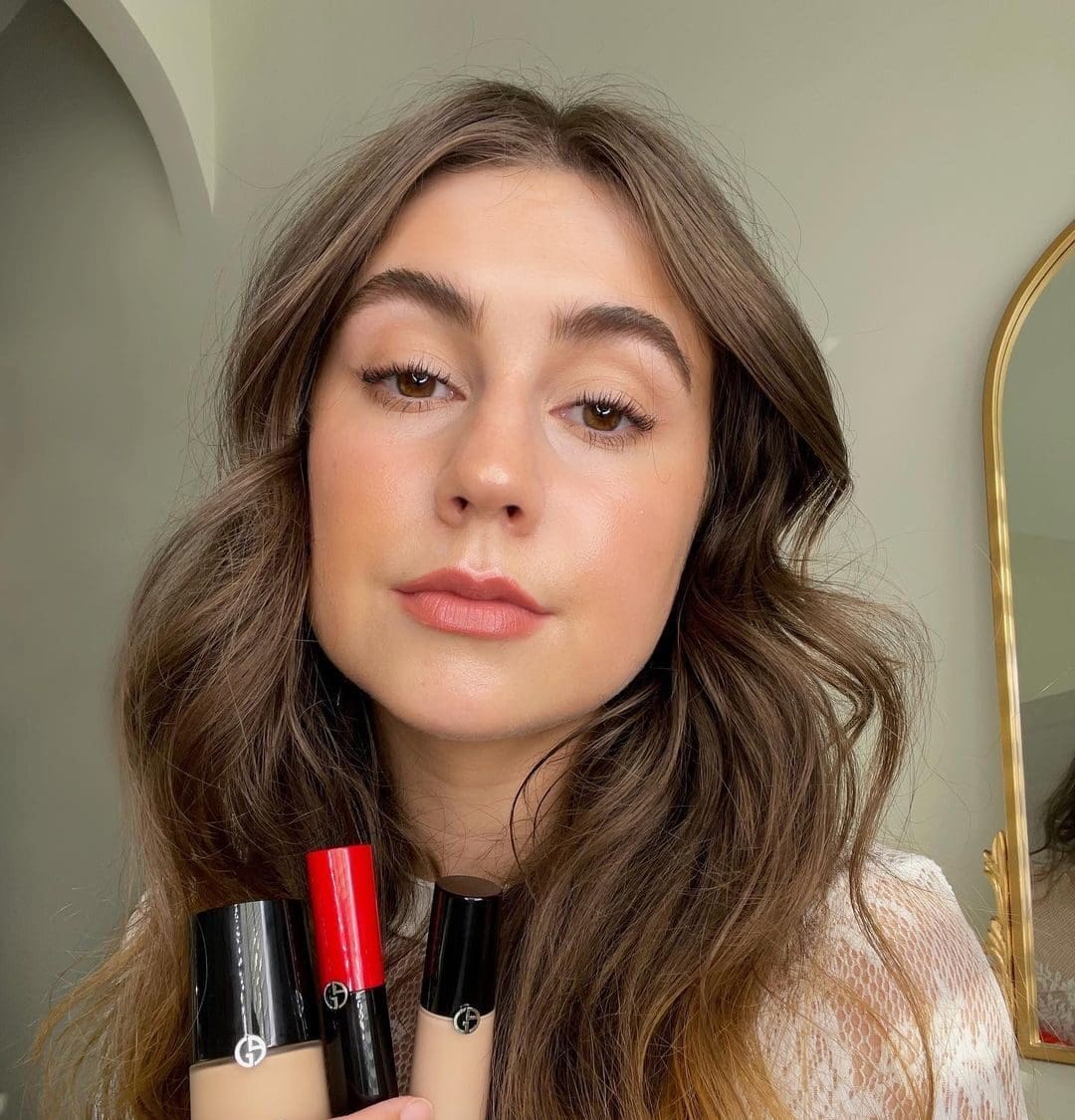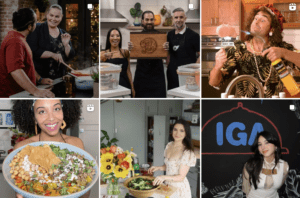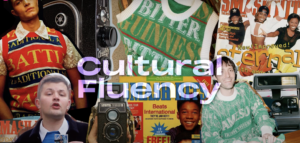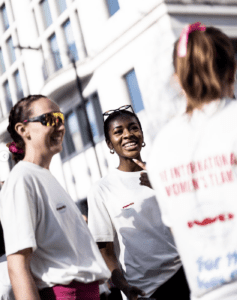You may well be familiar with the textbook definition of a gatekeeper: a person who controls or limits general access to something. It describes the general superiority of withholding information with the motive of keeping something exclusive. gatekeeping
Now, gatekeepers can include your favourite content creators refusing to share their favourite lipstick, in fear that it might sell out due to mass interest. It can also refer to someone who isn’t holding something tangible back, but an opinion on a situation or subject.
Gatekeeping isn’t a new concept. This is a term that has been around for centuries. People are known to ‘gatekeep’ information that would likely benefit another, for the fear of too many people being knowledgeable. On TikTok, the terms #gatekeep or #gatekeeping have 226.3M and 386.5M views with the phrases usually seen in the comment sections of beauty and fashion haul videos.

TikTok and its viral culture is known for its overnight cult following, which usually results in hidden gems becoming cult favourites. A great example of this is Fenty Glass Bomb Heat in the shade ‘Hot Chocolit’. The product went viral after creator Kimberley Possible posted a TikTok video praising the lip shade, and by not gatekeeping, saw the lip gloss sell out – with other beauty creators sharing dupes until the original was restocked.
Despite the negative connotation associated with gatekeeping, creators on TikTok have taken to demolishing the absurdity of exclusivity. Phrases such as ‘hot girls don’t gatekeep’ or ‘soft girls don’t gatekeep’ are used with creators sharing exactly where they got the products that their followers are asking about.
Tiarna Macdonald, for example, told her followers how to achieve her home decor look, and the exact shade of blonde hair dye she uses on her hair. Faith Robertson also shared a series of her ‘gatekept’ products with her followers so that they could recreate her look.
The gatekeeping trend isn’t just synonymous with the beauty community, and is used in relation to other conversational topics such as fashion, food and even activism. Here, creator Jessica Ufuoma showed she isn’t gatekeeping her travel destinations and clothing “because we’re all deserving of some amazing travel experience”. Another example of transparency is @iiislamo choosing not to gatekeep his Aldi food finds with his TikTok followers.
What makes the trend so popular? Put simply, it’s the phrase itself which helps to make it so popular. By using the term ‘gatekeep’, social media users are intrigued and want to find out more about a product steeped in exclusivity. It’s as though they’re being let in on a little secret.
Brands can easily jump on this trend by having creators insert the phrase in their content. Not only will it reach a mass audience, it will also create a buzz with people wanting to be part of the once-exclusive thing.
Streaming platforms can jump on the trend as well by having creators not gatekeep the latest show on their platform. Beauty brands can follow in the footsteps of Charlotte Tilbury when creators stopped gatekeeping the halo foundation, which resulted in it being sold out.
It is also important to remember to not confuse gatekeeping with preserving culture. TikTok creator Natty Issues explains nicely in her video why preserving culture is not the same as gatekeeping.
What are you no longer gatekeeping? And will you let us in on it?
What are you no longer gatekeeping? And will you let us in on it?What are you no longer gatekeeping? And will you let us in on it?






